New efficient one-pot process for recycling metals from spent Li-ion batteries
Green Car Congress
APRIL 23, 2023
A team from the Korean government-funded research institute The Institute for Basic Science has developed a one-pot liquid extraction process that uses rotating, concentric-liquid reactors to stir, separate, and capture metal ions from spent lithium-ion batteries. A paper on their work appears in the journal Advanced Materials.

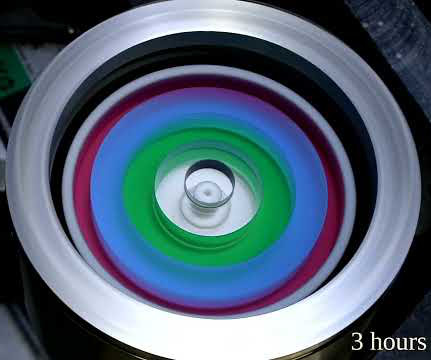
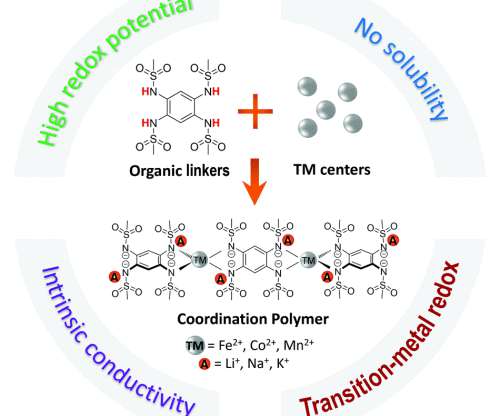

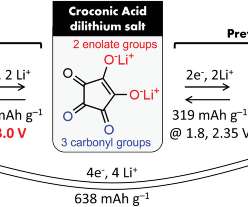
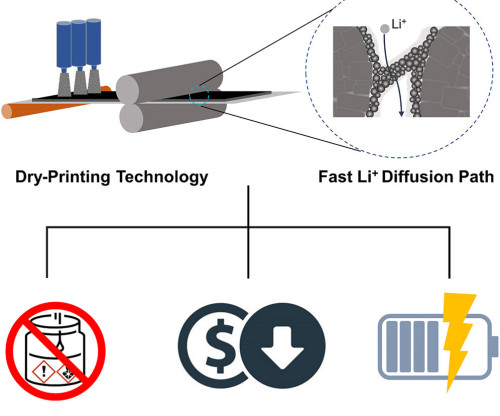

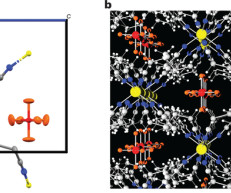
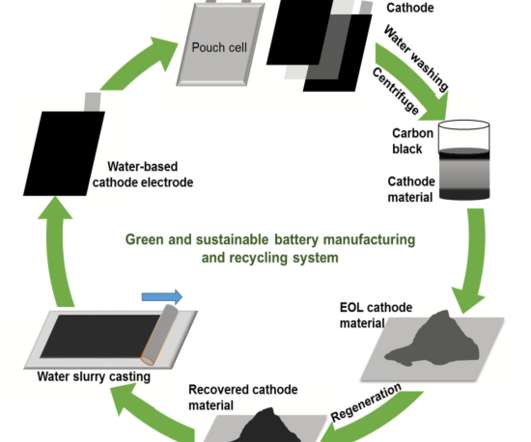
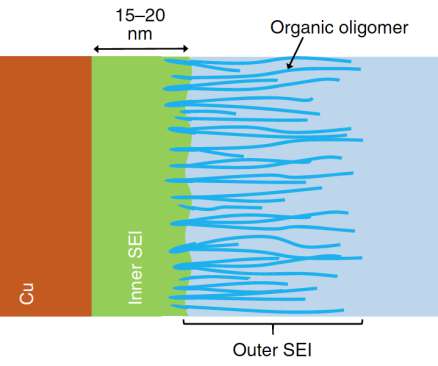
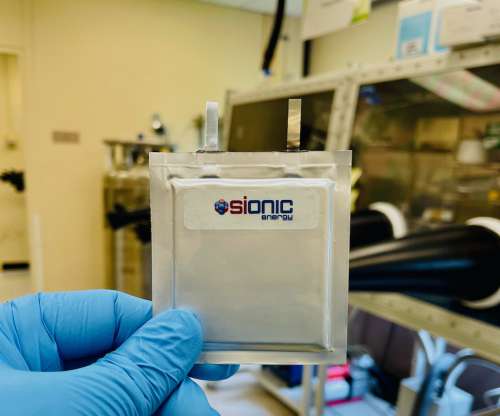



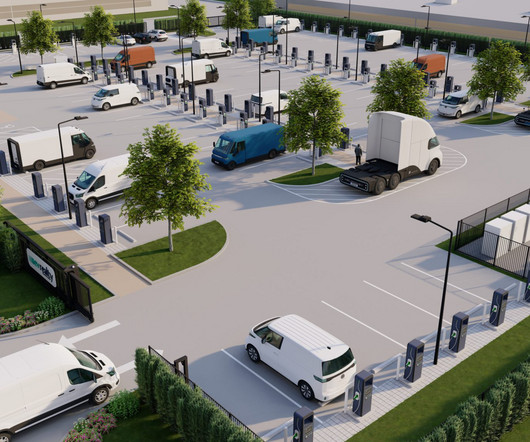


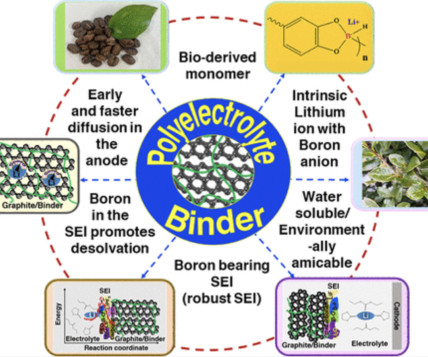















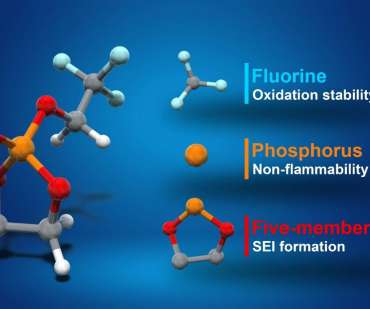
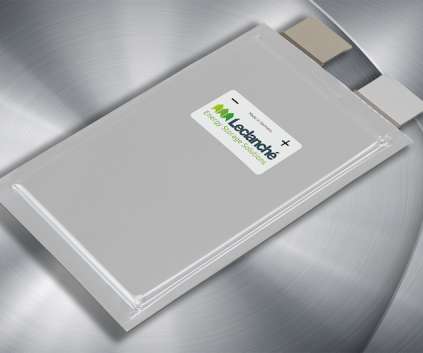

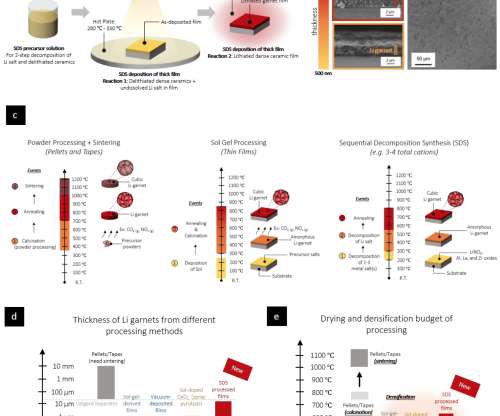







Let's personalize your content